After the festive season, it’s common to experience aircon issues. Whether it’s from a period of heavy use or a lack of use during the holidays, air conditioners can sometimes struggle to perform optimally. Don’t worry, most common aircon problems can be easily fixed with a few simple steps. This guide will help you get your aircon back in working order after the festivities, from dirty filters to refrigerant leaks.
- Check the Thermostat Settings
- Inspect the Aircon's Drain Line
- Clean or Replace the Air Filter
- Clean the Coils
- Check for Refrigerant Leaks
- Check the Circuit Breaker
- Perform Regular Maintenance
Check the Thermostat Settings
Sometimes, the problem with your aircon may not be with the unit itself but with the thermostat settings. After the festive period, the thermostat settings may have been accidentally changed, causing the unit to blow warm air instead of cool air. It’s always a good idea to check the thermostat before jumping to conclusions.
Ensure that the thermostat is set to the cooling mode and the temperature is set to your preferred level. If you have a programmable thermostat, make sure it hasn’t been set to energy-saving mode or a setting that restricts cooling. Resetting the thermostat to the correct settings should get your aircon working properly again.
If the thermostat settings are correct and the unit still blows warm air, it may indicate a more serious issue, such as a refrigerant leak, which will require professional attention.
Inspect the Aircon’s Drain Line
Your aircon’s drain line is responsible for removing excess moisture and condensation from the unit. Over time, the drain line can become clogged with dirt, algae, or mold, especially if the aircon hasn’t been used in a while. A clogged drain line can lead to water damage or even prevent the aircon from functioning properly.
To clear the drain line, locate the drain pipe, usually found on the side or bottom of the unit. Using a wet/dry vacuum, carefully suck out any debris that may be blocking the line. You can also pour a mixture of bleach and water into the drain line to remove mold or algae buildup. Be sure to do this gently to avoid damaging the pipes.
Clearing the drain line regularly helps maintain your aircon’s performance and prevents water damage to your home.

Clean or Replace the Air Filter
The air filter is one of the most common culprits for aircon issues. Over time, dust, dirt, and debris can accumulate on the filter, which restricts airflow and reduces the efficiency of your air conditioner. This buildup can be even more significant during the festive season when the aircon may have been used heavily or left off for extended periods.
A dirty filter can cause your aircon to blow warm air, make strange noises, or even stop working altogether. The good news is that cleaning or replacing the filter is an easy fix. Start by removing the filter from the unit and checking for dirt. Cleaning it with warm water and mild soap should do the trick if it’s only lightly soiled. Replacing filters with a new one is necessary for those that are too dirty or damaged.
Regular maintenance of the air filter is essential for your unit’s performance. Depending on your usage, it’s a good idea to clean or replace the filter every 3 to 6 months.
Clean the Coils
Aircons have two main sets of coils: the evaporator coils and the condenser coils. The evaporator coils absorb heat from the air, while the condenser coils expel that heat. If these coils become dirty or covered in dust, it can reduce your aircon’s cooling efficiency. After a busy holiday season, checking the coils and cleaning them if necessary is essential.
The evaporator coils are usually located inside the aircon unit, while the condenser coils are typically outside. Turn off the power to the unit before attempting to clean the coils. Use a soft brush or coil cleaner to remove dirt and dust from the coils gently. You can also use a coil cleaner spray for more stubborn grime if necessary.
Cleaning the coils ensures that the aircon can absorb and expel heat effectively, keeping your home cool. Make sure the coils are completely dry before turning the aircon back on.
Check for Refrigerant Leaks
If your aircon is still blowing warm air after cleaning the filter and adjusting the thermostat, the problem may be a refrigerant leak. Refrigerant is essential for cooling the air, and without it, your air conditioner cannot function properly. A refrigerant leak can occur due to wear and tear or improper installation.
To check for a leak, inspect the pipes and connections for any visible signs of moisture or oily residue. If you notice ice buildup around the coils or a hissing sound coming from the unit, these are also signs of a refrigerant leak.
Since refrigerant is a hazardous substance, it’s important to call a licensed professional to handle this issue. A technician can repair the leak, refill the refrigerant, and check for any other underlying issues.
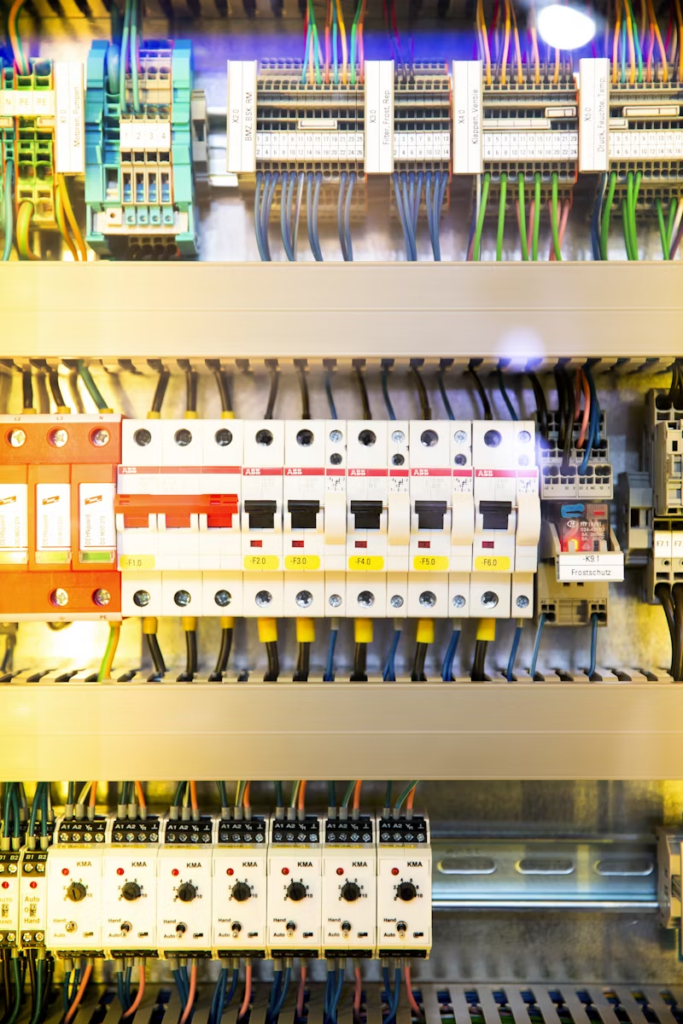
Check the Circuit Breaker
If your aircon isn’t turning on after the festive season, it may be due to a tripped circuit breaker. Electrical issues are common after periods of high usage or after the unit has been off for an extended period. To check for this, head to your home’s electrical panel and look for the circuit breaker that powers the aircon. If the breaker is tripped, switch it back on.
If the breaker trips again shortly after resetting it, there could be a serious electrical issue with the aircon that requires professional assistance. A tripped breaker can indicate wiring problems or an issue with the aircon’s electrical components.
Perform Regular Maintenance
The best way to ensure your aircon continues running smoothly throughout the year is by scheduling regular maintenance. Preventive maintenance can catch potential issues before they become serious problems, and it can also improve the unit’s efficiency and lifespan.
You can clean the filters, clear the drain line, and check the thermostat yourself, but it’s a good idea to have a professional technician inspect your aircon at least once a year. During this inspection, the technician will clean the internal components, check the refrigerant levels, and ensure the aircon is running at its best.
Final Thoughts
Air conditioners are essential for keeping your home comfortable in Singapore’s hot and humid climate. After the festive season, it’s important to ensure your aircon is still in good working condition. By following these tips—cleaning or replacing the filter, checking the thermostat settings, inspecting the drain line, and more—you can address many common aircon issues without professional help. However, for more serious issues like refrigerant leaks or electrical problems, it’s always best to contact a licensed technician. Regular maintenance can keep your aircon running smoothly for years, saving you money on repairs and energy bills.




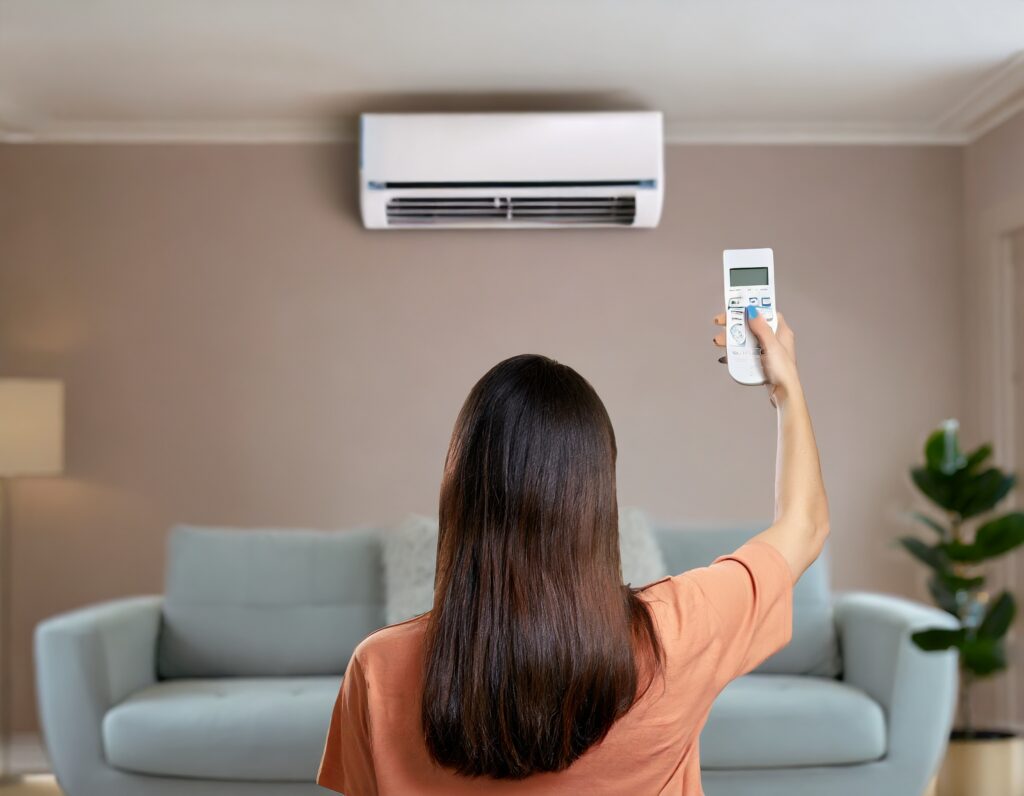


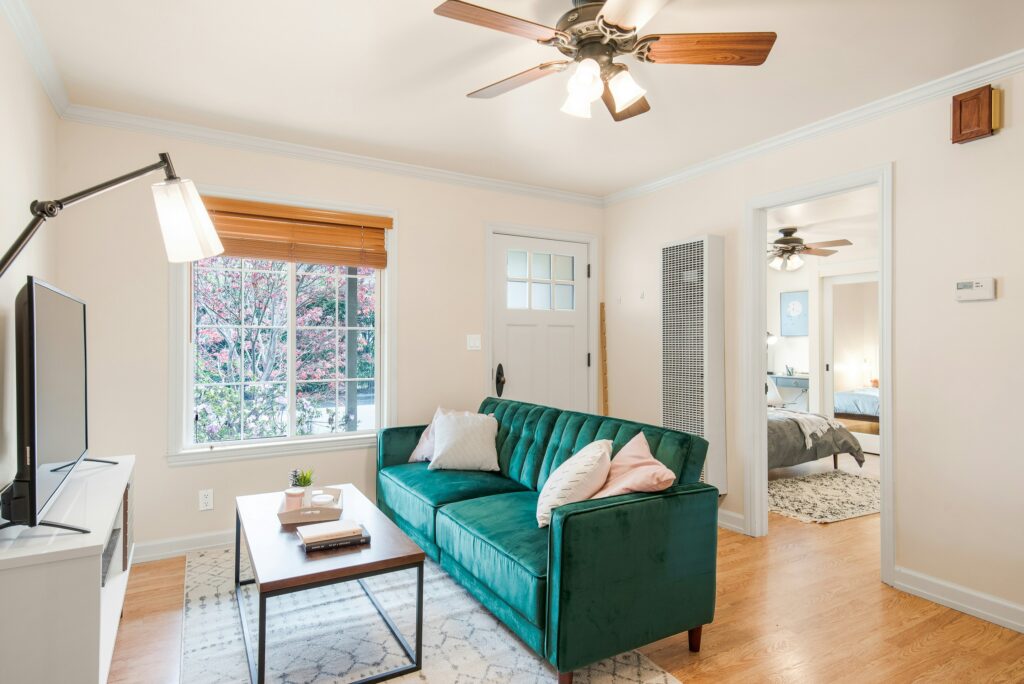
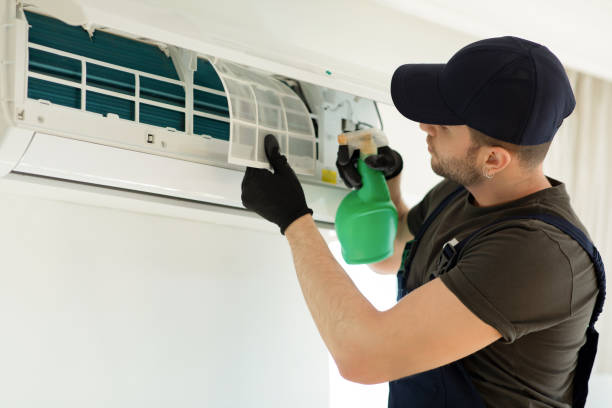
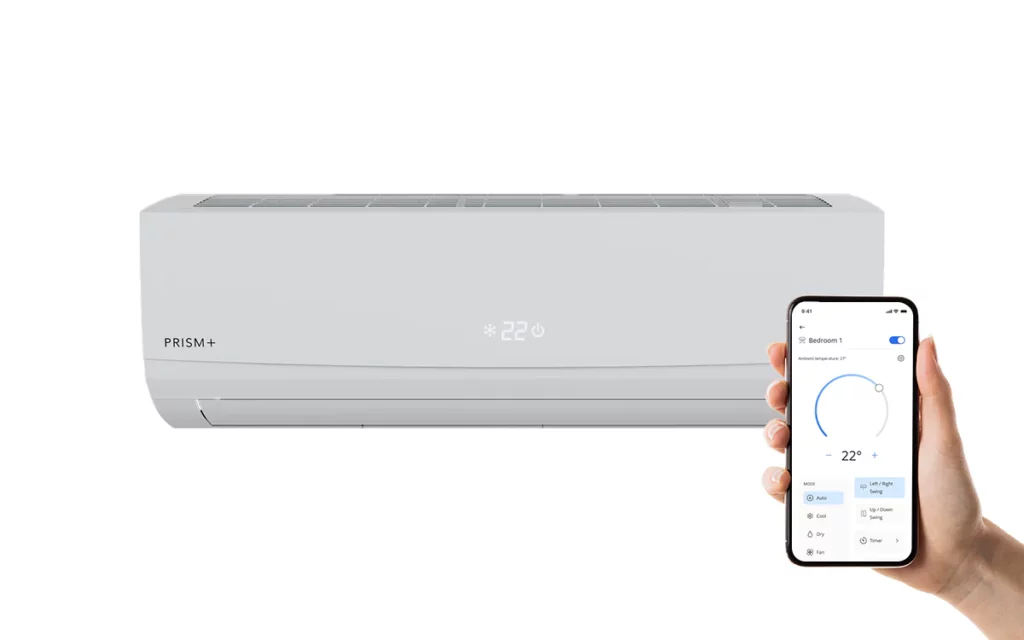
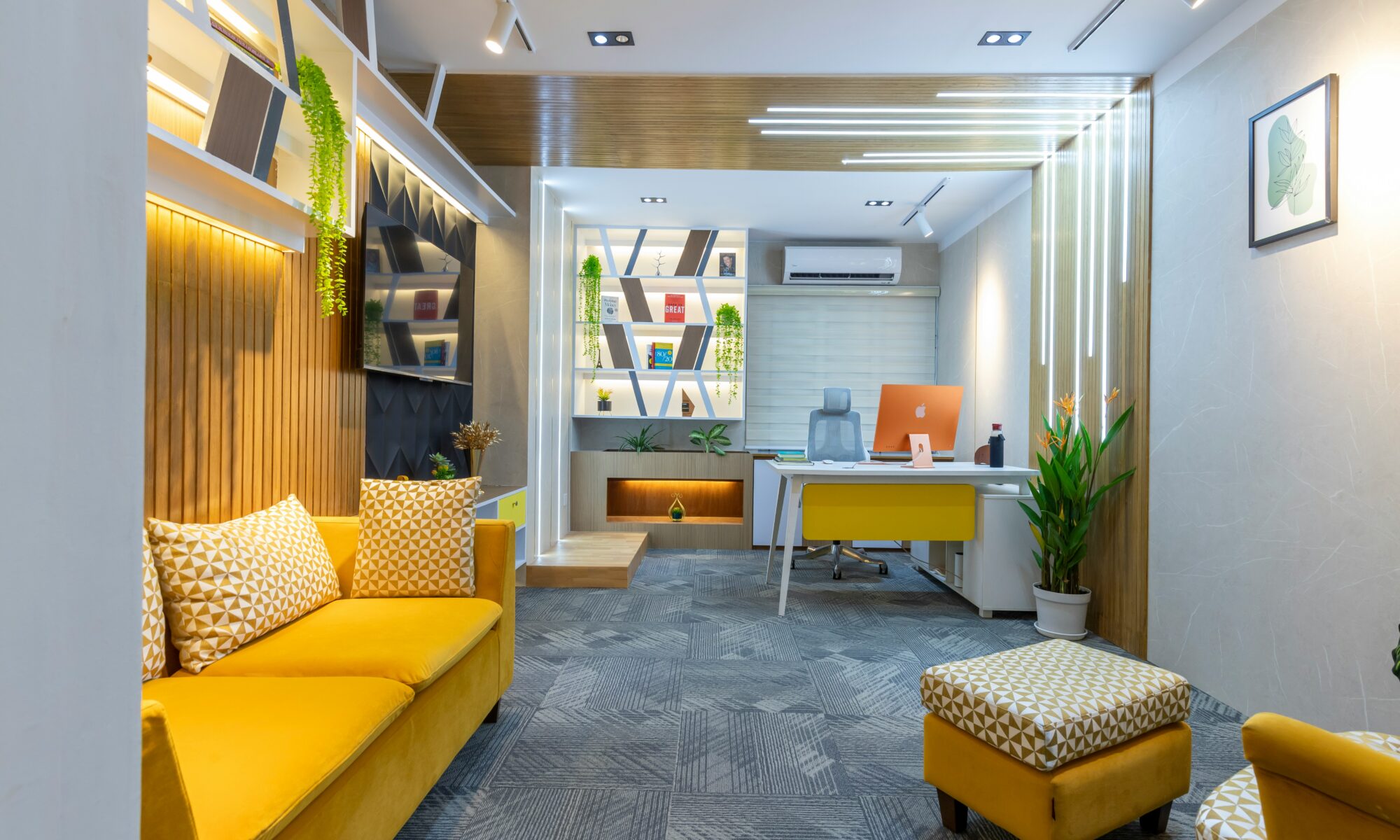

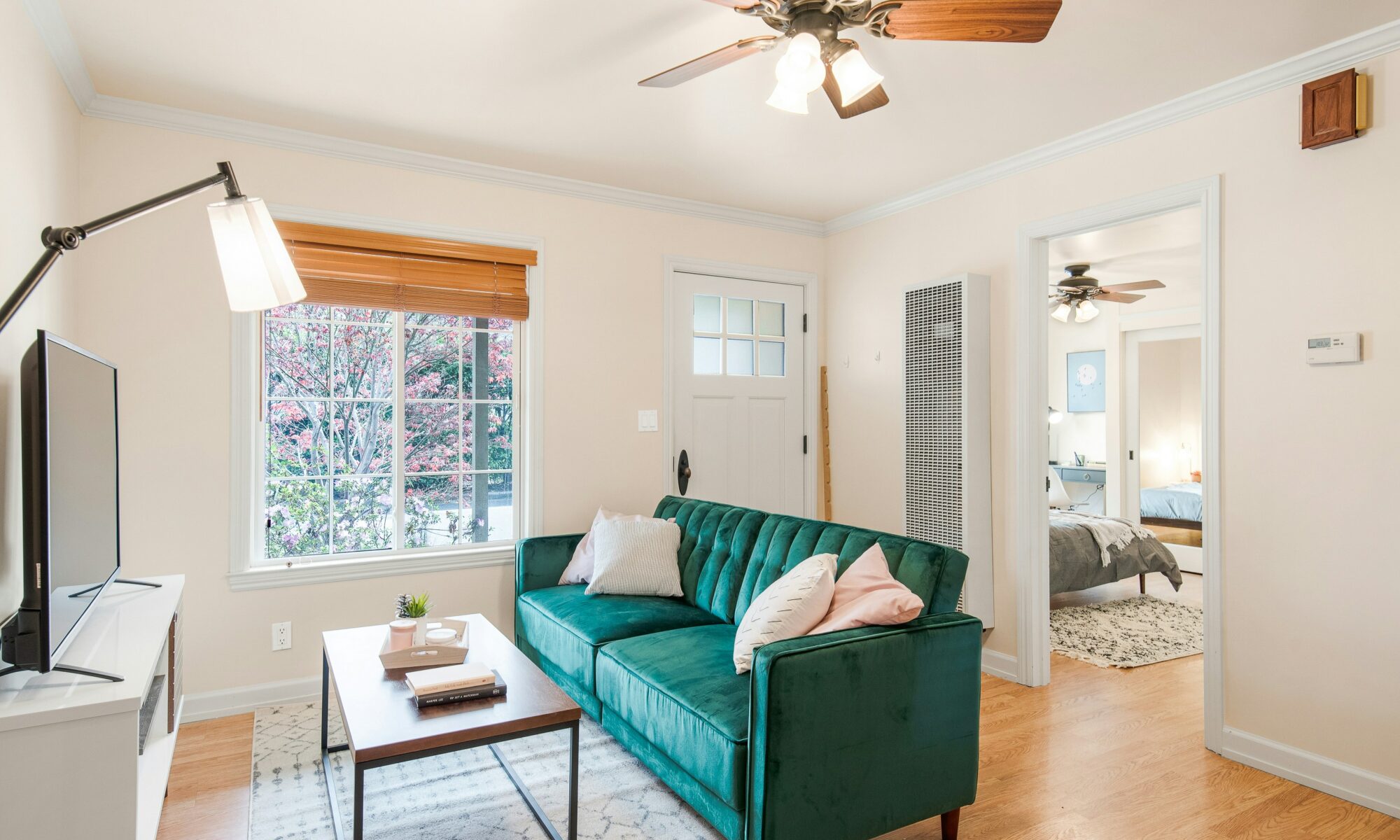
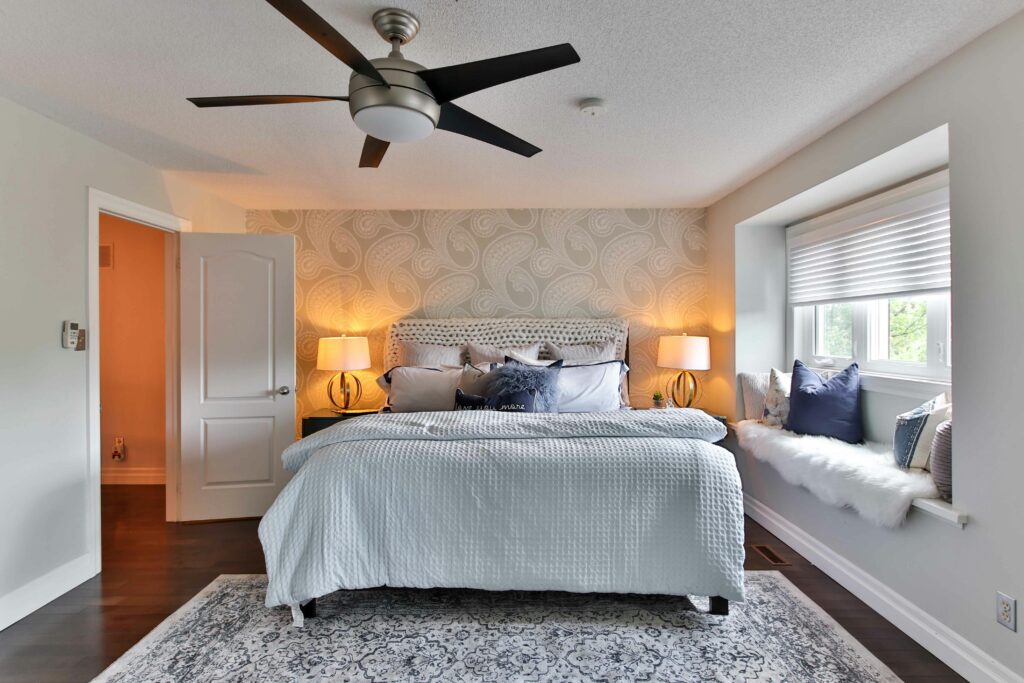
You must be logged in to post a comment.